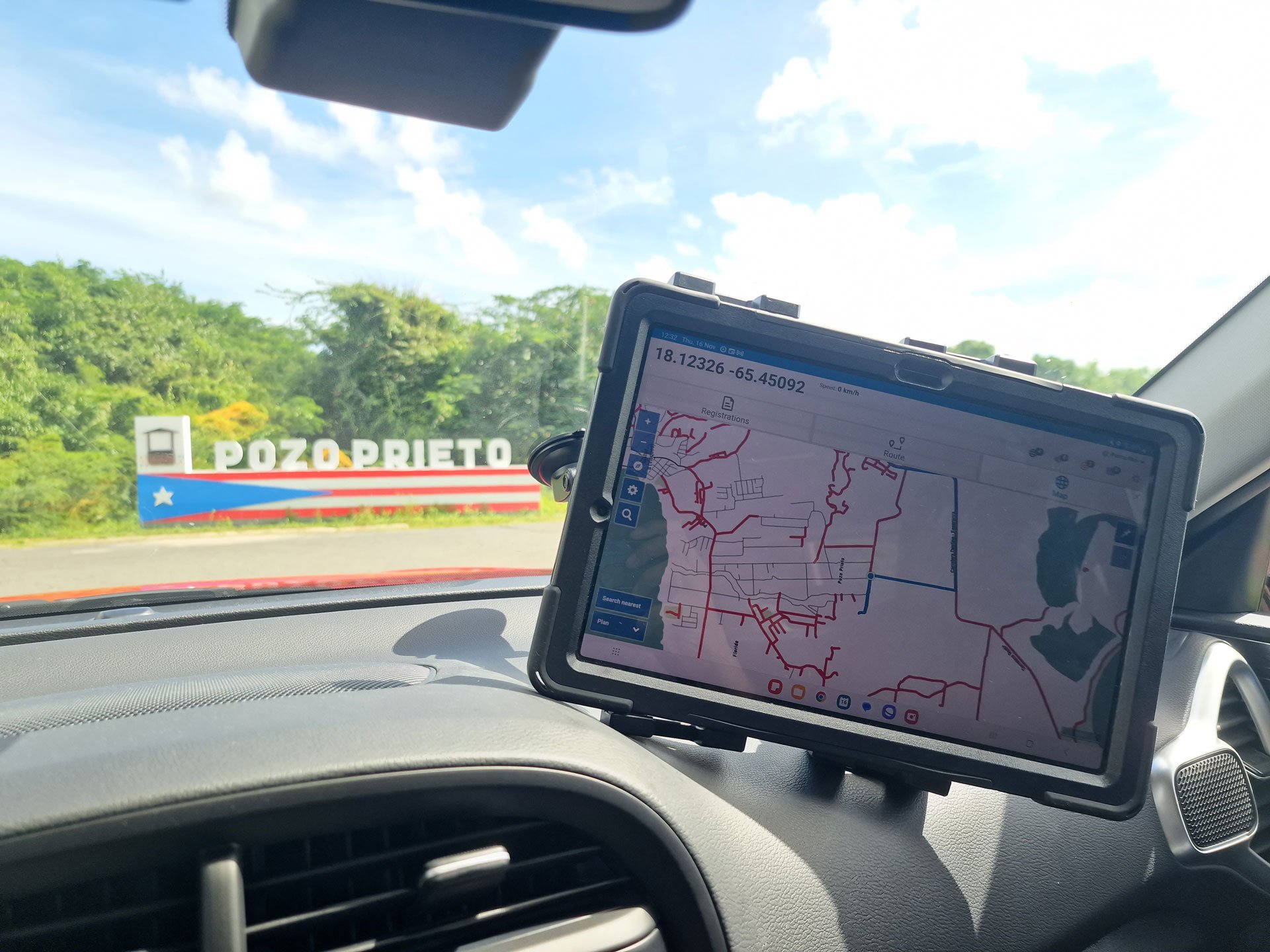Here are some common scenarios and key advantages of using work management software in road and street maintenance. Work management software simplifies the planning, tracking, and execution of daily maintenance activities. It enables maintenance teams to quickly assign tasks, monitor progress in real time, and ensure that resources are used efficiently. This proactive approach streamlines both planned and emergency maintenance, keeping projects on schedule and within budget. The software also improves data collection by recording all actions and outcomes, allowing contractors to analyze trends and make informed decisions.

-
Cost savings through optimized scheduling
Suppose a road maintenance department traditionally relied on manual processes to schedule maintenance activities. The lack of real-time visibility and inefficient coordination led to suboptimal resource allocation and increased downtime. By implementing work management software, the department gains the ability to track ongoing tasks, allocate resources efficiently, and prioritize maintenance based on urgency. As a result, they reduce idle time, eliminate unnecessary overtime, and optimize equipment usage. This leads to cost savings in labor and equipment expenses.
-
Minimized reactive maintenance costs
Without proper maintenance planning, road and street assets may deteriorate to a critical state, requiring costly emergency repairs. Work management software helps prevent this by enabling proactive maintenance. The software tracks maintenance histories, schedules regular inspections, and generates reminders for preventive tasks such as pothole filling, crack sealing, and pavement resurfacing. By identifying and addressing maintenance needs in a timely manner, the department reduces the likelihood of expensive emergency repairs, saving money in the long run. -
Efficient inventory management
Work management solution can track inventory levels of materials and supplies used in road maintenance, such as asphalt, gravel, signage, and safety equipment. With accurate inventory data, the department can avoid overstocking or understocking, minimizing wastage and preventing unnecessary expenditures. The software can also generate alerts for reordering when stock levels reach predetermined thresholds, ensuring timely availability of materials while reducing rush orders or last-minute purchases at higher costs. -
Data-driven budget allocation
By capturing data on maintenance activities, costs, and performance metrics, work management software provides insights for informed budget allocation. The department can analyze historical data to identify trends, assess the cost-effectiveness of different maintenance approaches, and allocate budgets accordingly. For example, if the software reveals that a specific type of treatment yields longer-lasting results, the department can allocate more budget towards that method, optimizing the use of funds and achieving cost savings in the long term. -
Streamlined communication and reduced errors
Miscommunication or incomplete information can lead to costly mistakes and rework in road maintenance. Work management tools facilitate streamlined communication and collaboration among team members, contractors, and stakeholders. Real-time updates, centralized information, and task assignment features ensure everyone has access to the latest data, reducing errors, minimizing misunderstandings, and preventing costly rework.
These examples demonstrate how work management platforms can help road and street maintenance departments optimize their operations, reduce costs, and make data-driven decisions for improved financial outcomes.
We at Autori provide our clients efficient and proven work and asset management tools to manage any road and street maintenance need. Feel free to contact us in order to discuss more about your potential challenges in infrastructure maintenance.
Follow us also on social media
Jun 2, 2023 4:30:02 PM
